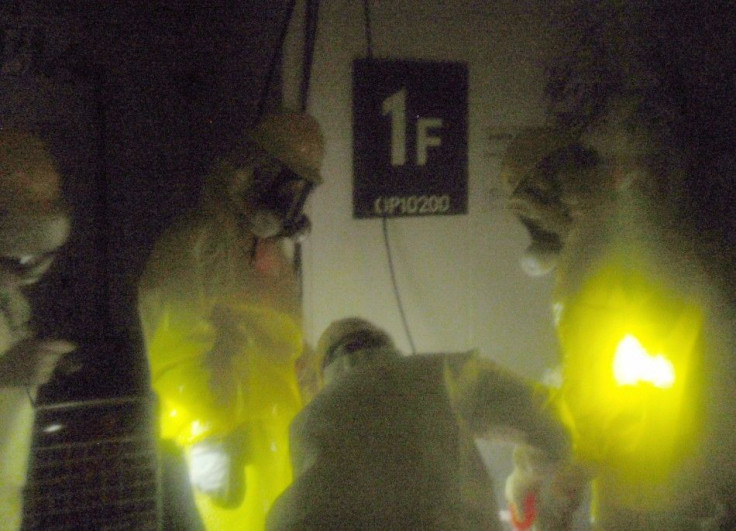Japan’s nuclear workers face serious radiation risks, but press on

Nuclear emergency workers toiling in the quake-stricken power plant at Fukushima are exhibiting extraordinary courage and devotion to their monumental duties.
According to a report from Kyodo News of Japan, seventeen plant employees have already been exposed to radiation of more than 100 millisieverts (the maximum allowable annual exposure for nuclear site workers) since repairs commenced.
The government’s Health, Labor and Welfare Ministry said that nuclear workers are normally allowed annual radiation exposure of up to 50 millisieverts, and 100 in an emergency. Since the Fukushima crisis, the ministry increased the permissible limit to 250 millisieverts.
The absorption of 500 millisieverts of more can lead to deadly consequences.
However, while many workers have the option to quit this very dangerous job, few have done so. The ones who continue to toil on to restore electrical power and cool the reactors remain subject to potentially lethal doses of radiation.
Last Thursday, three plant workers who were laying cables at the No. 3 reactor were exposed to high levels of radiation simply by standing in water contaminated by radioactive materials. Two of the workers are suspected of having suffered gamma radiation.
Radioactive iodine, one of the materials released during the Fukushima plant crisis, emits gamma rays which can penetrate the human body.
Tokyo Electric Power Co. (TEPCO), the plant’s operator and Japan’s largest utility, said it is up to each individual to decide whether to continue working at Fukushima.
TEPCO indicated that if a worker's exposure exceeded 100 millisieverts, he would be asked if he still wants to continue working as long as his exposure does not exceed 250 millisieverts.
There remains some disagreement among experts over how much radiation exposure is tolerable for atomic workers.
Kiyoshi Sakurai, a technology expert, told Kyodo News: 250 millisieverts is a reasonable figure. Given residents are getting anxious and the current state of affairs, workers should not be allowed to decline assignments.
Similarly Keiji Miyazaki, professor of nuclear engineering at Osaka University, said: It is an emergency situation. To put an end to it soon, those who are knowledgeable are called on to stay and conduct work.
However, Mitsuhiko Tanaka, a former engineer in nuclear plant designs, said: I would think it is a terrible job, but if you are an employee of a subcontractor, you will probably be unable to decline, thinking about future [work for their employer].
Kyodo quoted another expert who said: The reality is that [subcontractors’ are not in a position to decline job offers that they may not like, because they know that would affect orders in the future.”
According to media reports, nuclear workers wear Tyvek suits that protect them from radioactive materials touching the skin or infiltrating the body, however they are not designed to defend against most types of radiation.
© Copyright IBTimes 2024. All rights reserved.





















